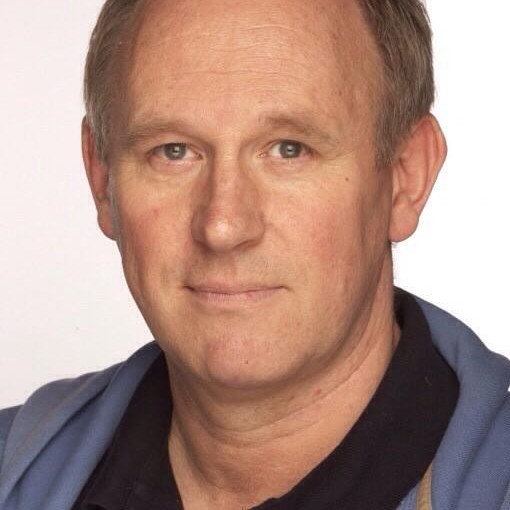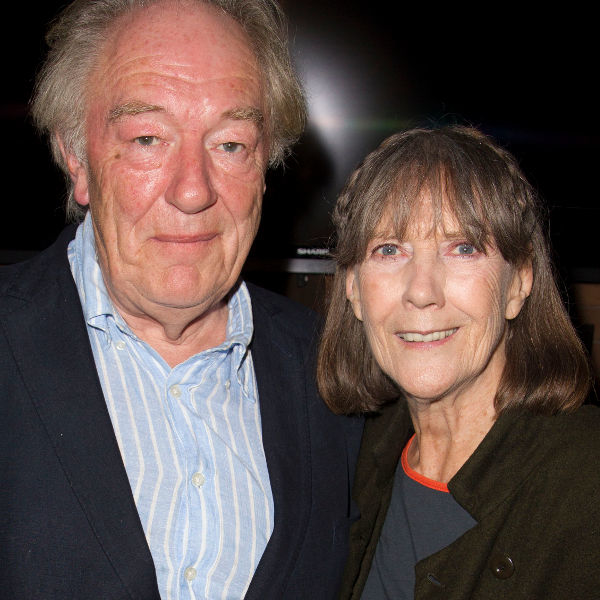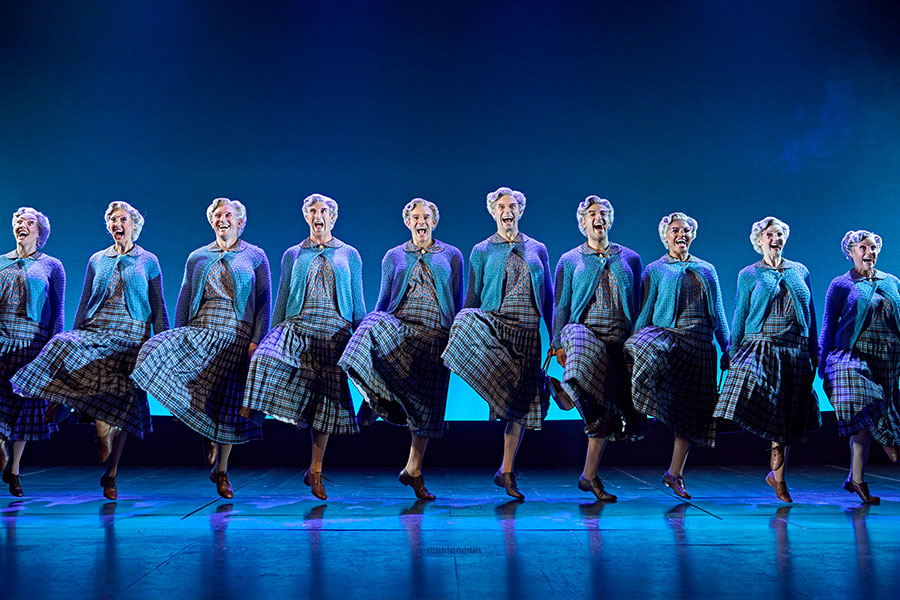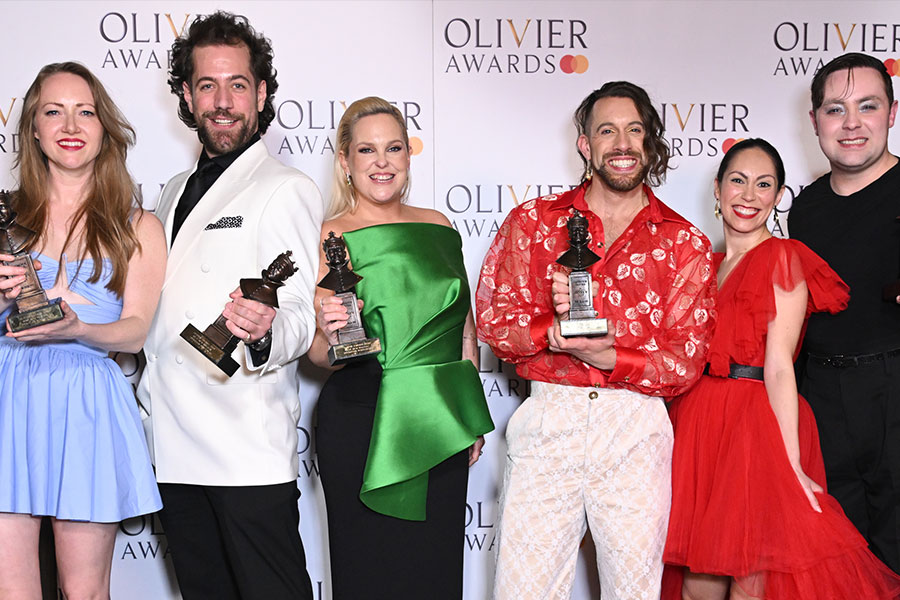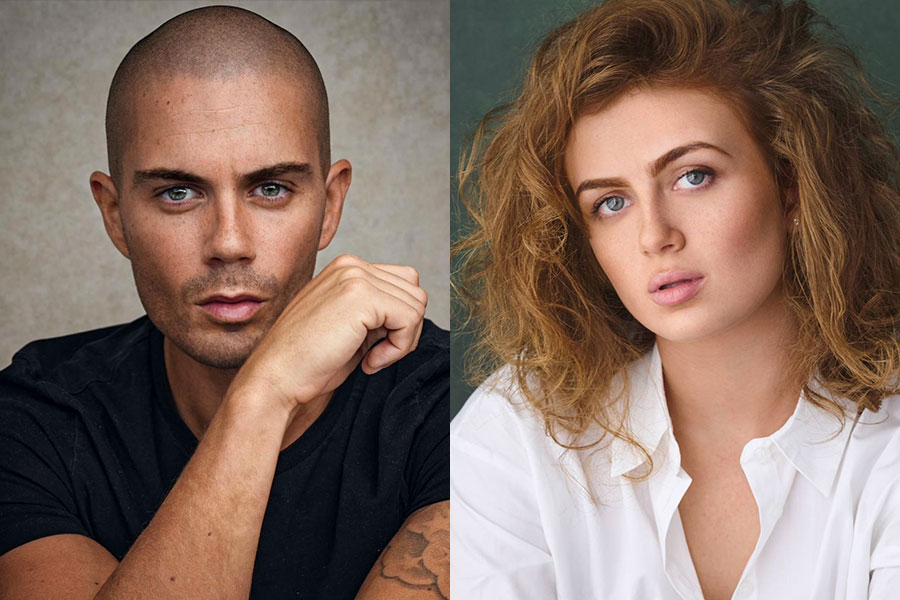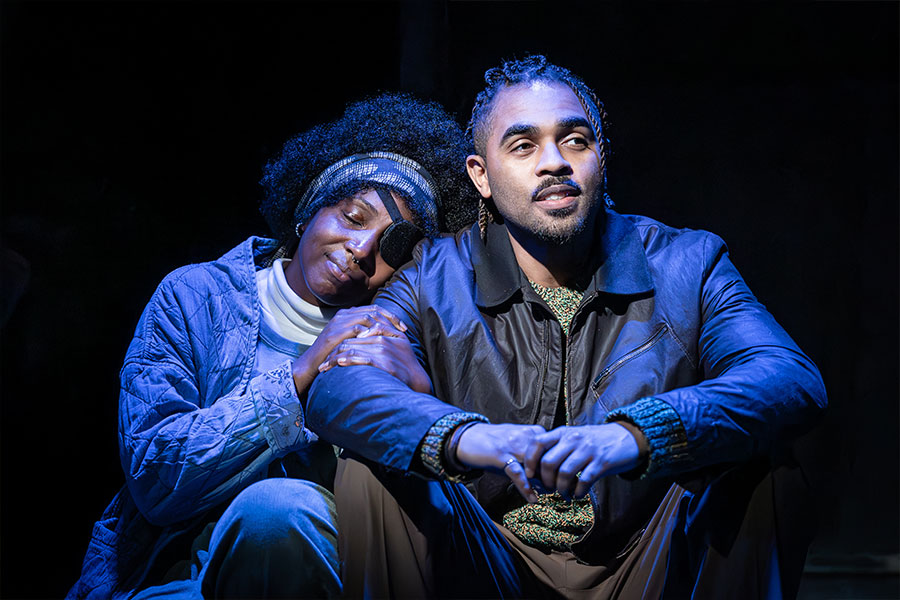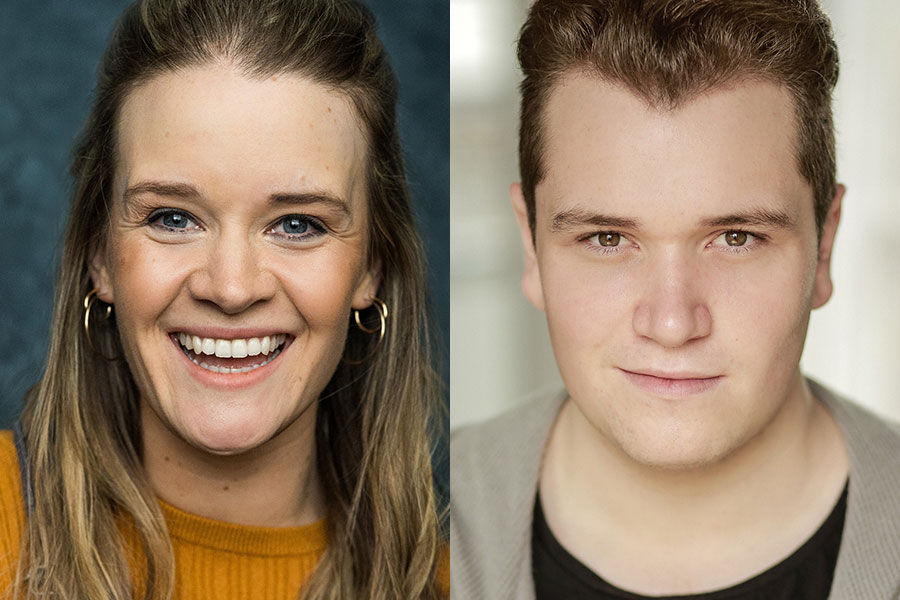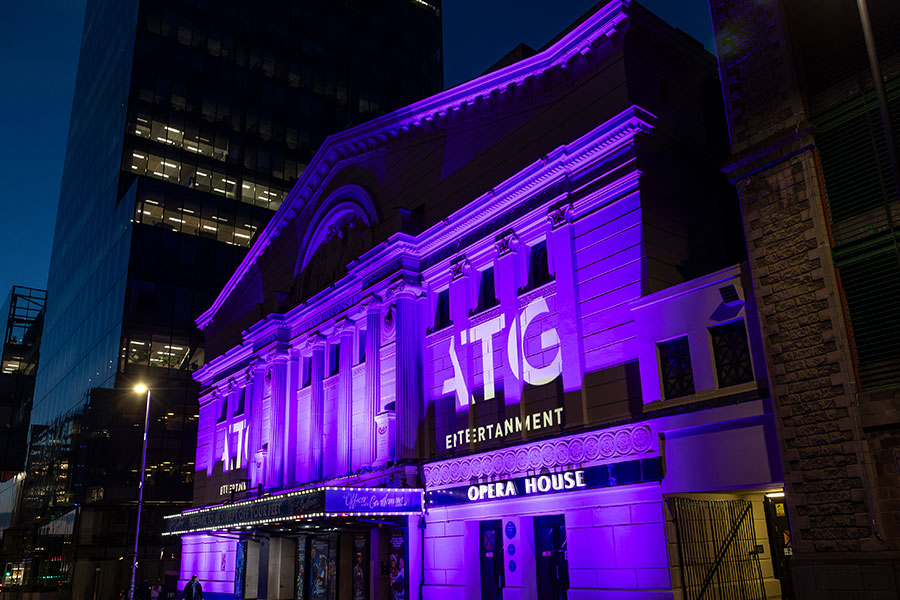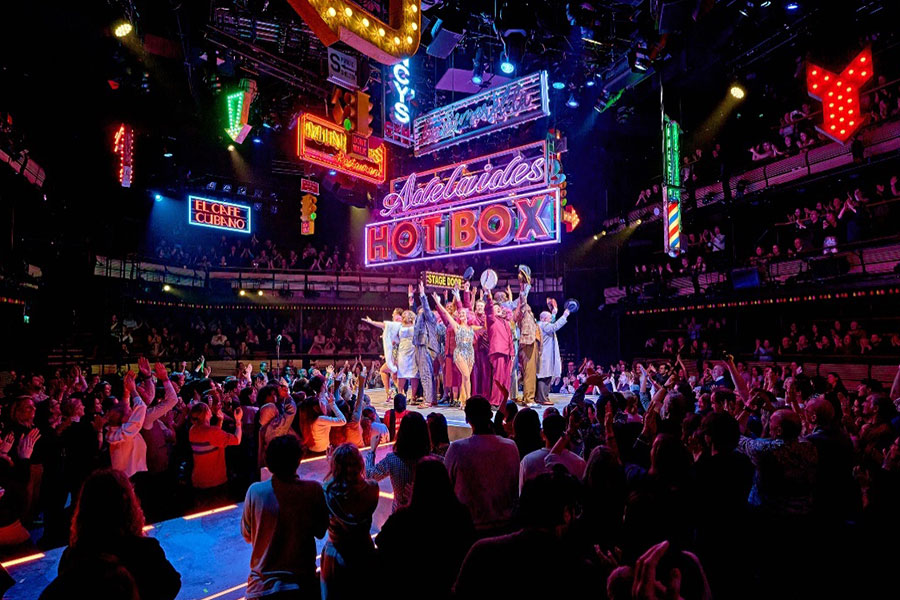The Vertical Hour (Park Theatre)
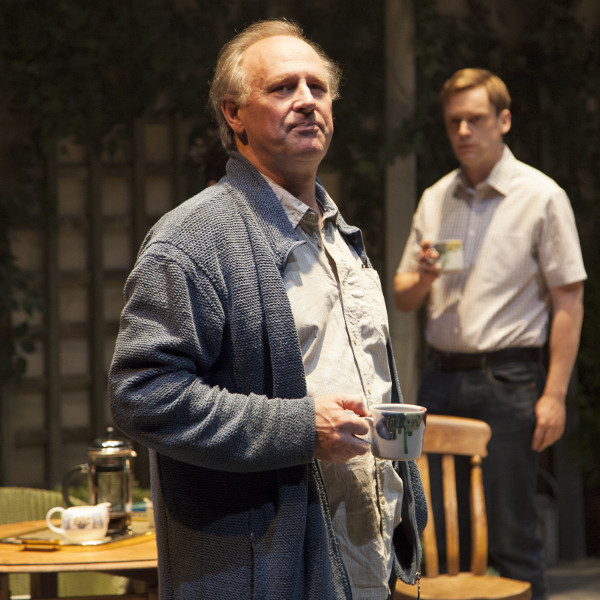
© TEA Films
Deceptively simple in structure, David Hare‘s 2006 three-way conversation piece, set in a remote corner of Shropshire on the Welsh border, makes a vivid tangle of private lives and public responsibility in the shadow of the Iraq war, announced in a voiceover from George Bush.
The arguments between a diffident doctor, Oliver Lucas (Peter Davison), his restless therapist son, Philip (Finlay Robertson), and Philip’s catalytic girlfriend, Nadia Blye (Thusitha Jayasundera), an American political academic, are underpinned with sexual competition and personal revelation.
And the Shropshire idyll is bookended by classroom scenes at Yale in which two students – sharply played by Cameron Cuffe as an entitled American in love with his country, and his tutor, and Pepter Lunkuse as a brightly incipient dropout – help Nadia renew her own resolve to participate.
For, Hare suggests, you don’t make decisions in life that mean anything without absorbing the big picture. It’s much easier to do nothing. Nadia has visited war zones in Bosnia and Serbia in the 1990s and knows about ancient hatreds; Oliver has dealt with death in different ways, and is in retreat. Philip is torn between the two of them, but scarred, too, by unhappy memories of childhood.
The "vertical hour," explains Nadia, is that moment in combat medicine when you can actually be of some use. She believes in human intervention in countries "where it’s all going wrong". It’s a conundrum: was it right, in the end, to care about Iraq? What on earth is going to happen in Syria?
To be or not to be is replaced by to do or not to do. The skill and suppleness with which these ideas are expressed in personal terms proves a challenge too far in Nigel Douglas‘s somewhat jerky, under-fuelled production, a rare instance these days of palpably "bad blocking" of actors’ moves and a curiously anaemic audible experience all round.
Davison is an affable enough Oliver, though not clouded or jaundiced enough by his dark secret, and both Robertson and Jayasundera find it hard work manufacturing their passions. The show’s not very "sexy" in broadest terms; these roles have been played on Broadway and in London by Julianne Moore, Indira Varma, Bill Nighy and Andrew Scott.
Philip’s problem is that he’s a child of a child of the 1960s who wants to both impress and disown his father. Oliver, in turn, has exchanged a status as eminent physician for the post of an everyday GP, in a place where he can do no harm. In the shifting sands of time and dialogue, you care (or should care) what each character decides on. This revival doesn’t really deliver, but the play shines bright, hard, and brilliant.



